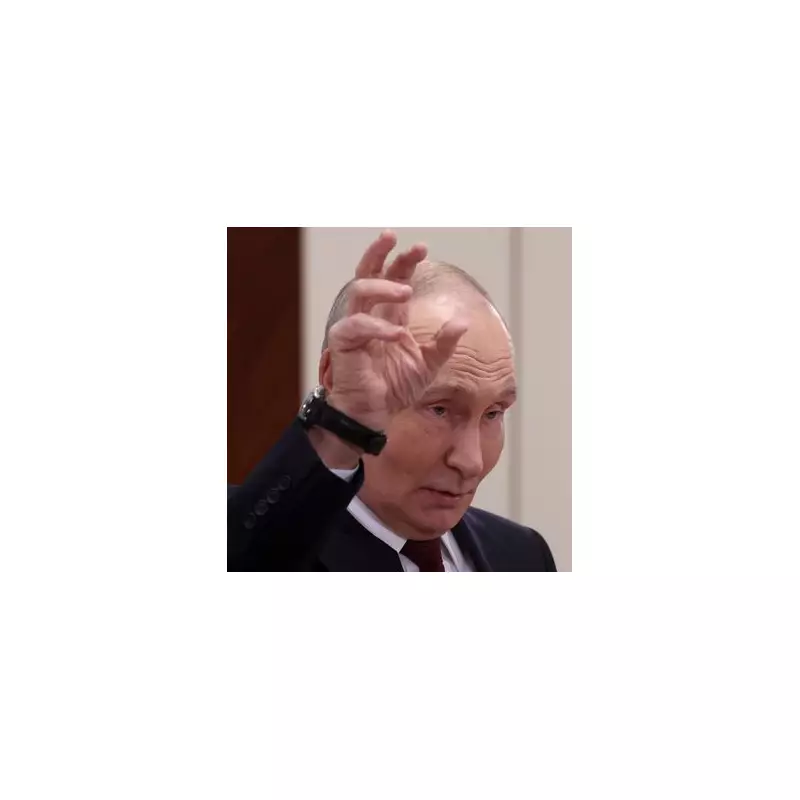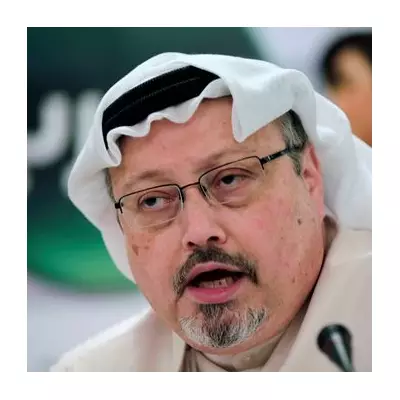
Russian President Vladimir Putin has made the audacious claim that Europe has 'nothing' to fear from Moscow, stating the Kremlin harbours no aggressive intentions towards its western neighbours.
This declaration comes amidst heightened tensions following Russia's full-scale invasion of Ukraine, repeated missile incursions into neighbouring airspace, and a series of covert operations targeting the United Kingdom.
A Pattern of Hostile Acts
Putin's assurances were delivered during a speech at the security council of the Collective Security Treaty Organisation in Kyrgyzstan, where he ridiculed the notion that Russia might launch an attack on Europe. He explicitly stated, "Russia doesn't have any aggressive plans towards Europe."
However, recent events starkly contradict this narrative. Just last week, the Russian spy ship Yantar was positioned off the coast of Scotland, suspected of mapping the UK's critical undersea data cables. These cables carry over 90% of the nation's data, including billions of pounds in daily financial transactions.
The situation escalated when sailors aboard the Yantar were reported to have pointed lasers into the cockpits of RAF aircraft. UK Defence Secretary John Healey condemned this act as "deeply dangerous," issuing a direct warning to Moscow: "We see you. We know what you're doing. And if the Yantar travels south this week, we are ready."
A History of Aggression on UK Soil
This is not an isolated incident in a growing list of hostile Russian activities. In 2018, Putin's intelligence agents attempted to assassinate former KGB officer Sergei Skripal and his daughter Yulia in Salisbury using a military-grade Novichok nerve agent. The Skripals and police officer Nick Bailey survived, but local woman Dawn Sturgess later died from exposure to the discarded poison.
Furthermore, in 2006, dissident ex-KGB officer Alexander Litvinenko was fatally poisoned in London by Russian spies, an act widely believed to have been carried out on Putin's direct orders. These events form a pattern of suspected assassinations conducted by Russian operatives on British territory.
Upcoming US Talks and Peace Plan Prospects
On the diplomatic front, Putin commented on a leaked transcript of a conversation involving US envoy Steve Witkoff, suggesting it could be 'fake'. The transcript reportedly showed Witkoff coaching a Kremlin aide on how to influence Donald Trump regarding Ukraine. Putin also claimed that sanctions are 'destroying' Russia's relationship with the United States.
Despite calls for his dismissal, Witkoff is confirmed to travel to Moscow next week for further peace talks on Ukraine. Putin stated that Russia is prepared for "serious" discussions and indicated that a peace plan put forward by Trump could serve as a basis for future agreements. This plan, which has been publicly revealed as heavily favouring the Kremlin's war objectives, has triggered significant diplomatic activity.
Putin also took the opportunity to criticise Ukrainian leader Volodymyr Zelenskyy, accusing him of making a strategic mistake and suggesting he is afraid of holding elections. Ukraine is currently under martial law due to the ongoing Russian invasion, a condition Zelenskyy has stated must end before elections can be held.
Senior Kremlin official Yuri Ushakov, Putin's foreign affairs adviser, clarified that while contact with the US is ongoing, the Kremlin has not yet officially received the initial American peace proposal for detailed discussion. Following weekend talks in Geneva, President Zelenskyy indicated that a revised version of the plan could be "workable," though key issues remain unresolved.





